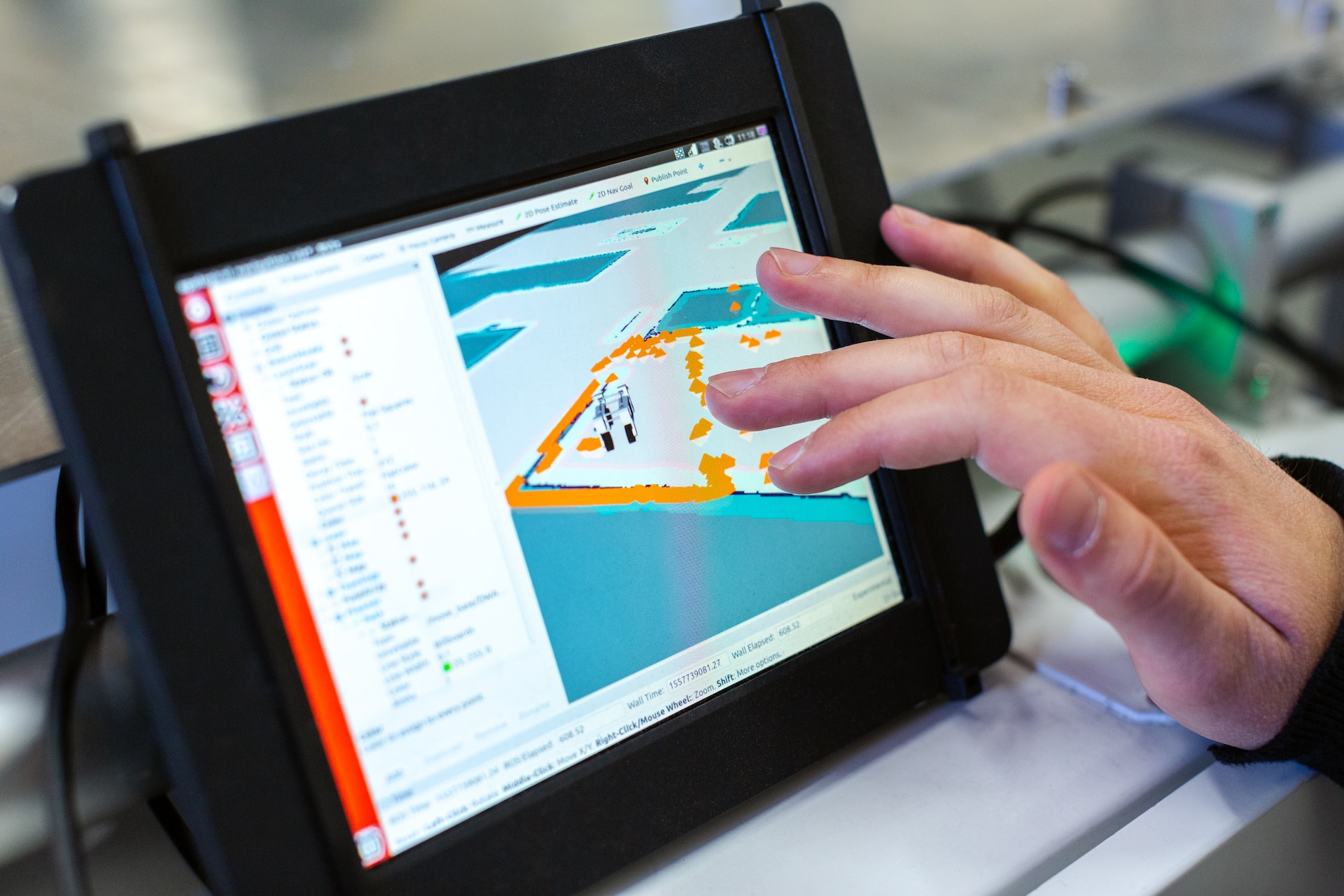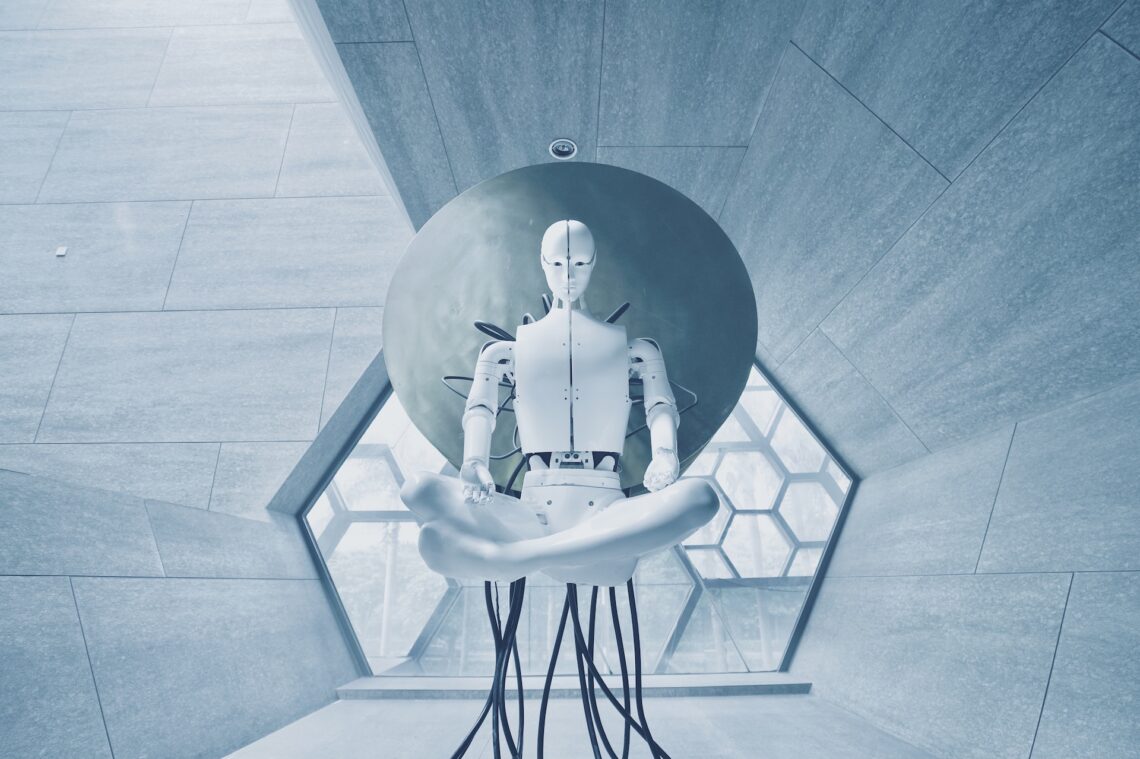Transformation of the economy as a result of the influence of AI technologies
In the last few decades, science has developed rapidly, more and more innovative life-changing solutions are emerging, and the foundations on which global processes are based are breaking down. Modern artificial intelligence technology is already at the point where a machine can replace a human and do the job many times more effectively. Given this progress, it is important to understand how the transformation of the economy will take place and what challenges humanity will face.
In 2022, the startup OpenAI introduced ChatGPT, a chatbot based on technology that improves productivity in various fields. The new generation of artificial intelligence has all the basic characteristics to trigger another economic revolution soon, just as it did with the introduction of machine labor to replace manual labor.
However, the rapid progress of AI does not mean that changes in global processes will start tomorrow. As the experience of past generations shows, even the most innovative technology cannot cause an instant transformation, it needs time. For example, the first integrated circuits appeared in the 1960s, but only in the 1990s did they affect productivity and become widely used in various industries. The reason that innovation, when it emerges, cannot change traditional economic processes is that any solution requires improvement. This assumption can be seen in the first developments in the field of AI, which had very limited functionality. It was not until more than 10 years later that scientists introduced a product with practical implementation capabilities to improve productivity.
The reason that innovation, when it emerges, cannot change traditional economic processes is that any solution requires improvement. This assumption can be seen in the first developments in the field of AI, which had very limited functionality. It was not until more than 10 years later that scientists introduced a product with practical implementation capabilities to improve productivity.
Another limiting factor for the introduction of new technologies and the transformation of the economy is the lack of capital for the large-scale diffusion of innovations. Not all investors are willing to invest in a product whose effectiveness has not been tested in practice for a long time. In addition, we should not forget that in order to use technology, you need to learn certain skills. It takes time and resources to teach people how to effectively use innovations to make their jobs easier.
According to Stanford University researchers, productivity declines a few years after the introduction of a particular technology. This pattern is due to the fact that companies need a period of time to learn the innovation, to acquire the skills to use it fully. A similar situation may occur now if the development of artificial intelligence and investments in it slows down productivity in general. So far, however, such processes have not been strongly felt in the global economy.
Another fear of transformation as a result of progress, experts call for the replacement of human labor by AI. However, this option is still unlikely, especially since earlier fears about the extent of unemployment have not been confirmed. At the same time, analysts do not rule out the impact on individual professions, which could also lead to social discontent.










